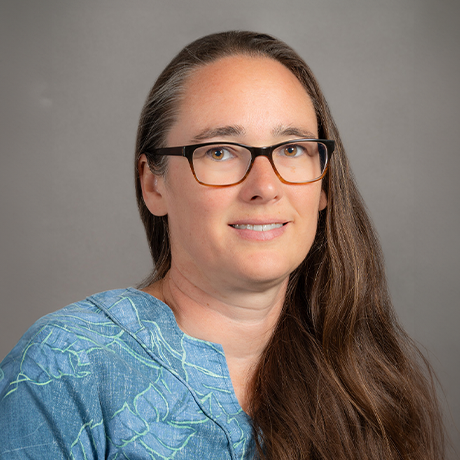2024 Research Speaker Series

Shana Hirsch
Assistant Research Professor, HCDE
Co-Director, Pacific Marine Energy Center
OCTOBER 10, 2024
Human-Centered Design for Biodiversity Monitoring in the Global South
Environmental DNA (eDNA) is a rapidly emerging technology that has the potential to support environmental monitoring and biodiversity conservation around the world. Current efforts to create standards for eDNA methods and data are aimed at supporting the uptake of the technology, however, this must be done in a way that acknowledges diverse contexts around the world. For example, researchers working with eDNA in the Global South or in remote areas may not have access to the same materials and technologies as those in countries with more research funding and capacity. As a part of the ongoing work of the eDNA Collaborative at UW, a program aimed at broadening the use of eDNA, I have been investigating how standards might support, or hinder, access to and use of eDNA in routine conservation practice. This presentation will describe workshops that I have carried out this summer in Rwanda and Brazil, where I brought together eDNA researchers and practitioners to facilitate a conversation around the potentials and concerns of eDNA standards and standardization. The interactive workshops used HDC methods and perspectives to elicit the concerns of researchers who may be impacted by international standardization efforts, and I will share both preliminary results of the project and insights about the utility of HCD methods in biodiversity science.
Dr. Shana Lee Hirsch is an assistant research professor in the Department of Human Centered Design and Engineering at the University of Washington. She is also co-director of the Pacific Marine Energy Center, where she collaborates with industry, government, and university researchers to understand innovation in marine energy. She has an interdisciplinary background in sustainability social science and water management and policy. Her work draws on methods and theories from science and technology studies and transition design. Her personal interests include bird-watching, star-gazing, and sitting on beaches.
The HCDE Research Speaker Series is hosted Thursdays in Autumn Quarter by the Department of Human Centered Design & Engineering at the University of Washington. Presentations are open to the public.